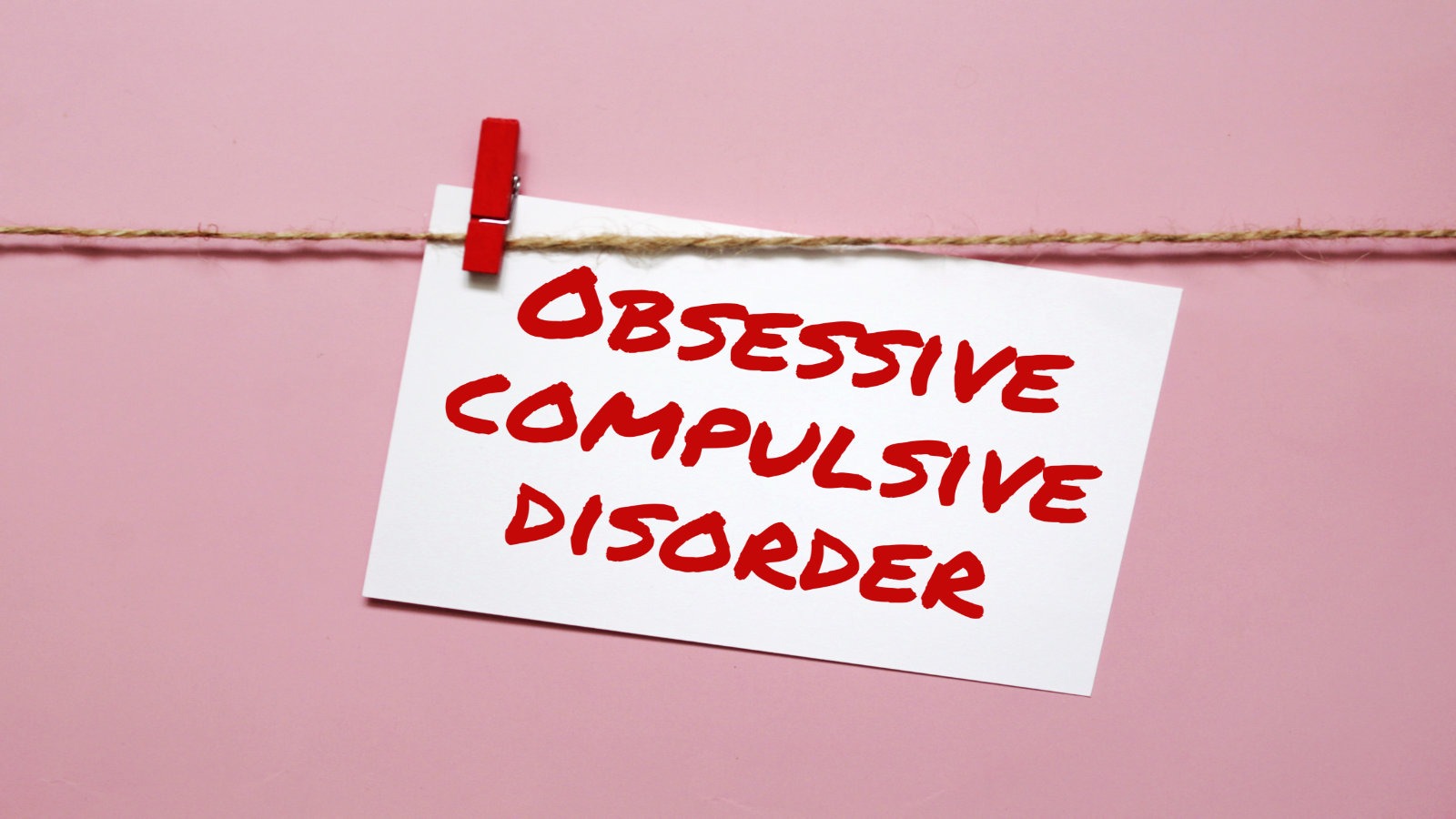Obsessive compulsive disorder is a serious disabling mental illness that traps people in an endless cycle of repetitive thoughts and behaviours. People with OCD are plagued by recurrent thoughts, fears, or obsessions that are anxiety-producing. Usually, even though the patient knows that the fears or obsessions are senseless, he or she can’t control them.
The anxiety produced by these recurring thoughts leads to an urgent need to perform certain rituals or routines which are called compulsions. These compulsions could be washing one’s hands, cleaning the house or any such thing. These rituals are performed to make the obsessive thoughts go away, which they do for a short time, only to come back again stronger. The person is thus involved in acting out compulsions for hours together in a day, which really affects his relationships, profession or studies.
Symptoms of OCD
- The symptoms of OCD are the obsessions and compulsions that a patient battles with daily. The common obsessions are:
- Fear of contamination by germs
- Fear of causing harm to other people
- Fear of mistakes
- Fear of being embarrassed in public
- Fear of thinking sinful thoughts
- Need for exactness and order
- Need for constant reassurance due to excessive doubt
In order to get over these obsessions, the patient carries out these common compulsions
- Washing hands or bathing repeatedly
- Refusing to shake hands
- Repeatedly checking stoves and locks
- Constant counting while performing routine daily tasks
- Constantly arranging and re-arranging things in an orderly manner
- Eating foods in a specific order off the plate
- Repeating specific phrases or prayers
- A need to perform tasks a certain number of times daily
- Collecting items which are useless of have no apparent value
The cause of OCD is not yet certain. It was thought to happen due to low levels of the neurotransmitter serotonin, but today scientists think it could be because of problems in the pathways of the brain that link areas dealing with judgment to an area that filters messages involving body movements.
The treatment is medication and something called Cognitive Behaviour Therapy
- In this, the psychologist teaches people with OCD to confront their fears and reduce anxiety but without acting out the compulsions. Cognitive therapy focuses on reducing the over-thinking that is seen in OCD patients.
- Medication therapy uses medicines like antidepressants such as selective serotonin reuptake inhibitors (SSRI) like Prozac and Zoloft, to quote the most common ones. Psychiatrists also use antipsychotics as they have shown to relieve OCD symptoms.
- If medications and cognitive behaviour therapy both fail, then doctors have to take recourse to electroconvulsive therapy or ECT.
- The thing to remember is that OCD will not go away by itself, how-so-ever long you wait. So, pick yourself up and seek treatment before the OCD symptoms get out of hand.
Recent Posts

Nurturing Hope and Empowering Parents: FAQs Answered by Dr. Pooja Anand Sharma on Parenthood and Infertility

Unveiling Spiritual Quotient: The Hidden Key to Personal Fulfillment


